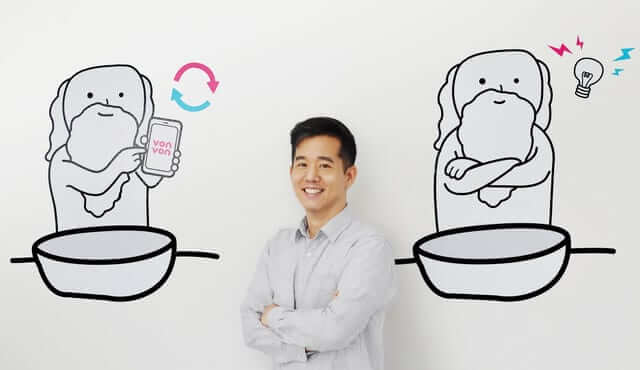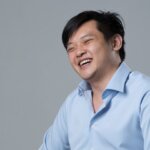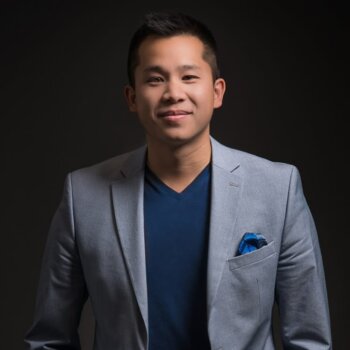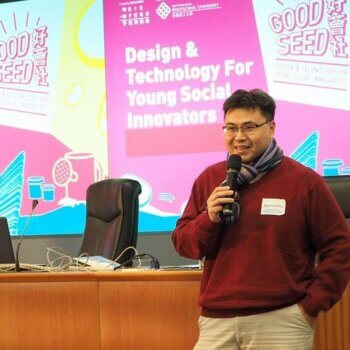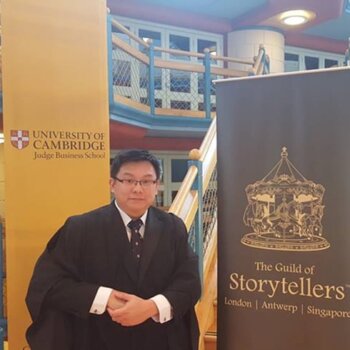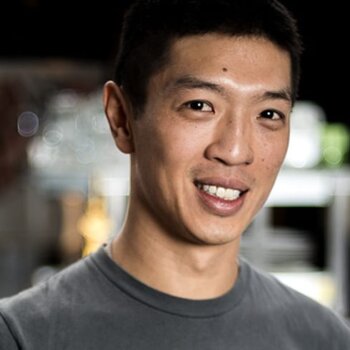If you’ve ever wondered where those insanely viral quizzes that fill your Facebook feed come from, today you’re in luck. I recently interviewed Jonghwa Kim, the founder of Vonvon. The company’s quizzes attract between 300 million and 400 million people from around the world each month, and the company continues to grow from it’s base in Seoul.
You worked at some of Korea’s most successful online content companies, before they were multi-billion dollar brands. How did that all start?
I was still a freshman in college when I started as an intern an Nexon in 1996. At the time it was an upstart gaming company creating “The Kingdom of the Winds,” a breakout title still played to this day. Nexon needed money to fund the game and I could build websites. So, I started developing sites for other companies to bring in cash. Now Nexon is a behemoth that employs 5,500 people and has a $1 billion market cap.
Nexon’s founder, Jung-Ju Kim, recommended me to Naver. I joined Naver as an intern back when it was a six-person operation. Naver is now one of the biggest companies in Korea with more than 70% search market share and an entire ecosystem of products
Thanks to all the programming skills I had acquired, I was able to replace my military service (mandatory for Korean men) with three years of work experience at Neowiz, another gaming giant in Korea. I was the 16th member of the team when I joined in 2001. By the time I left, 200 people worked there.
Witnessing all this phenomenal growth firsthand, I couldn’t help but start my own company. I thought “if these guys can do it, surely I can too.” I was just 28 and full of confidence.
Tell us about your first company
My first startup was a Korean equivalent of TripAdvisor. ‘Wingbus’ launched in 2005. I quickly learned the hard way that a good product doesn’t automatically attract users.
It took me some time to figure out that Koreans actually prefered package tours where everything was already planned. So I made and shared free travel guides until 40 per cent of Korean tourists had my guides.
The visitor count shot way up, but that wasn’t enough. I decided to pivot fast and created a sister service, WingSpoon, that provided information on good restaurants in major tourist spots. This brought in a huge influx of visitors, and Naver eventually acquired both companies for USD $2 million in 2009. I re-joined their team with the sale.
What were the toughest times as you built your startups?
After paying off my taxes and debts, I only had 10 per cent of the proceeds from the WingSpoon sale left to my name. Considering that I had been working with almost no pay for four years, it was nothing to write home about.
What I learned from this experience, however, was priceless. Going through the scary periods of running out of money to pay my employees, I spent a lot of time talking long walks with my then co-founder, Chang-Wook Kim. I learned then that running a startup isn’t a straight path, and you need a person you can count on.
So you were back into a big company. Did that dampen your entrepreneurial spirit at all?
Not even a bit. I spotted another opportunity while working at Naver. I was studying Groupon very closely, and social commerce seemed like a good business model with relatively low setup cost and a huge upside potential.
I founded Daily Pick with two co-founders in 2010 and ran it in my free time. I tweeted our first deal for a trendy restaurant to my 30 followers. Word got out quickly, and we sold out in a few hours. That was a good sign of a product-market fit. From then on, we didn’t spend any money on ads; it was all word of mouth. We still had deals selling out in 5 minutes. I was up until 3:00 a.m. every day, but the sheer thrill of selling out the deals kept me going.
Of course, high demand attracts competitors like sharks. I hate competition, and I actively try to avoid it. One way to do that was to focus on our niche market: trendy restaurants for people in their early twenties. We knew exactly who our target market was, and that set us apart.
As much as I tried to avoid competition, I actually saw a potential for synergy with one of my competitors, Ticket Monster. Their team was mostly young and passionate, while our team had more experience. We decided to join forces in late 2010; Ticket Monster bought Daily Pick for USD $9 million. I was still working at Naver at that time.
I could have kept running the company, but again, I stayed true to my nature. I just knew that this market would become a bloodbath, and I wasn’t built for this kind of competition. I was much better off starting something else.
What is the most surprising thing about your current industry?
In 2014, I was working at Kakao, Korea’s biggest social network. What struck me was that 80 per cent of total shares on our platform were coming from less than 10 per cent of our content: quizzes. The same thing was happening outside of Korea; Buzzfeed had a quiz that had more shares than 1,000 articles combined.
To me that was the sound of a market screaming to be explored. People have basically told us what they wanted; all I had to do was to give them more of that. I believe this is one of the most critical factors when starting a company. You have to establish a very clear product-market fit. Wingbus didn’t have a product-market fit. Vonvon did. And that made all the difference.
And the beauty was, it didn’t take much to produce these online quizzes on Facebook.
What was Vonvon’s launch like?
We launched a website with eight quizzes in Korea on the last day of 2014. On New Year’s Day nothing happened. The next day, however, 5,000 people took the quizzes. Day three: 100,000 people. By day four, more than 300,000. The following day, my co-founders and I handed in our two-week notices at our day jobs. That’s when the company was actually born.
We are now a team of more than 90 content creators, editors and designers. We produce quizzes in 15 languages that attract more than 300 million monthly unique visits from around the world. We broke even in our first year and are growing fast.
That’s impressive. Any tips for our readers?
Part of the reason we were able to achieve these milestones is that we had a global market in mind when starting out. We fully knew that Vonvon’s display ads model wouldn’t work in Korea; it was simply too small a market for the business model. Right now, only three per cent of traffic comes from Korea.
I’d also say that you need to be true to your own nature. I’ve always been very conservative and risk-averse. And that actually guided me to pursue only the opportunities with the best risk-reward ratios.
Who inspires you?
When I was working at Naver, I learned a lot from the company’s founder, Hae-Jin Lee. He had made it his life’s mission to create Korea’s own search engine. For him, money was an afterthought. And look where he is now. Any business undertaking takes complete dedication; you just have to love what you do.
